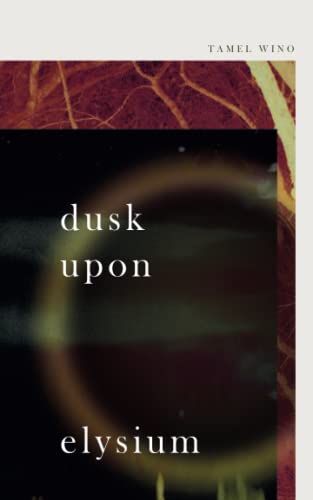Hyperreality mingles with tactile truths.
Geoff is one of the lucky few, or at least that’s what he’s been told. Six years have passed since the deadly Nergal Virus spurred forward-thinking civic leaders to take dramatic action, quickly separating the infected from the healthy. While the virus took the lives of billions, a countless number were spared, microchipped, and placed in sanitary isolation units. While the survivors have no option to leave the confines of their small living spaces, these functional units allow them to work remotely, interact virtually, and even enjoy recreation and entertainment, all at the discretion of the ruling class. But for Geoff and other like-minded residents, the monotony of life feels more like a prison sentence than protection or salvation. With no end in sight, Geoff struggles to make sense of the many losses he’s endured, including his freedom, the love of his life, and perhaps even his sanity. However, he has no real choice but to comply with the rules and do his assigned job. Plunging into his work of building a virtual Utopia, Geoff discovers some troubling anomalies that shake the foundations of his reality.
It’s been a long time since a dark, dystopian tale irresistibly demanded my undivided attention the way Dusk Upon Elysium has. A decade ago, the novel’s bleak premise might have seemed conspiracist or so far-fetched as to be a flawed premise. In light of the recent global pandemic, however, Wino’s penetrating novel lands in the realm of disturbing fiction, but only just. Interestingly, this outbreak novel has very little to do with the actual sickness that landed Geoff in forced quarantine. Instead, the intense narrative hones in on the desperation found in isolation, the helplessness of dealing with loss and intense grief, and the overextension and abuse of power. Lines are constantly blurred between reality, fantasy, dreams, illusion and delusion, creating scenes that quickly shift from serene to demented. The virtual world building is incredible, styling Paradiso into the kind of technology-based wonderland we can only fantasize about. The actual world building is wantonly drab, painting an ominous picture of the repetitive and tightly controlled lives of the captive survivors. Hyperreality mingles with tactile truths in Dusk Upon Elysium, a gripping look at a dystopian society born partly of need and largely of unmitigated human desire.







